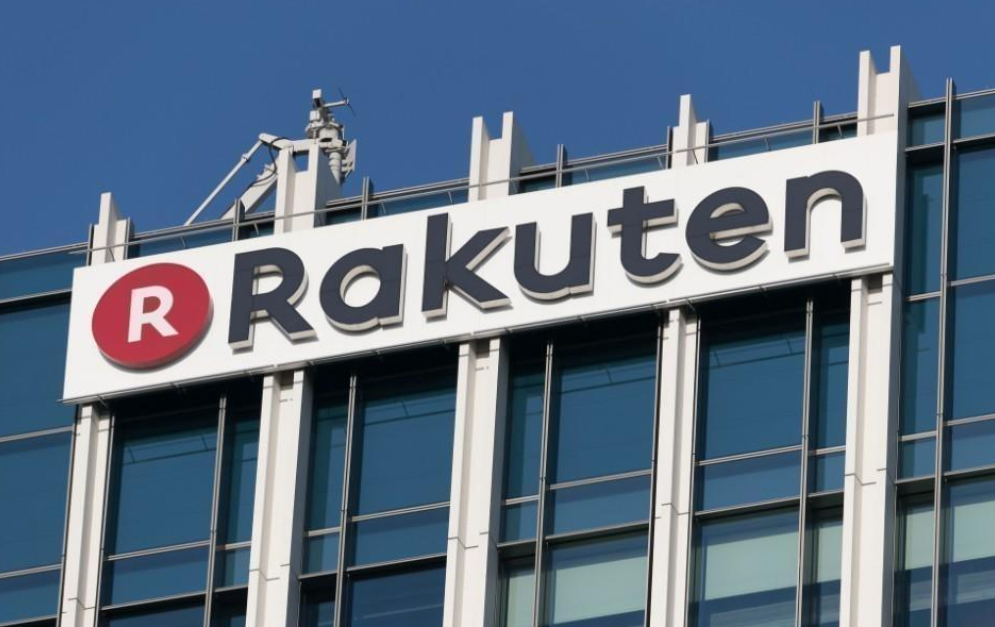In a groundbreaking move, Japanese e-commerce giant Rakuten, often likened to Amazon, has partnered with German telecommunications player 1&1 to launch Europe’s first fully virtualized 5G network. This ambitious venture, based on the innovative Open RAN technology, aims to revitalize Rakuten’s loss-making mobile division, which has been a financial burden for the company amid escalating debts.
The partnership is set to redefine mobile networks by leveraging Open RAN technology, a departure from traditional networks dominated by expensive hardware from a limited number of providers like Ericsson, Nokia, or Huawei. Open RAN introduces a more flexible architecture, allowing diverse suppliers for different network components, reducing hardware requirements, and operating more on cost-efficient cloud-based software.
Rakuten’s mobile division, through its subsidiary Rakuten Symphony, is providing and integrating the cutting-edge technology that forms the backbone of 1&1’s network. This marks Rakuten’s first full-scale commercial deployment of its mobile technology in Europe, following successful trials in Japan and other global initiatives.
The move is a strategic attempt by Rakuten to turn around the fortunes of its mobile division, which has posted operating losses for 13 consecutive quarters. Despite a 5% year-on-year revenue increase in the third quarter, the mobile unit recorded losses of 81.2 billion Japanese yen, contributing to the company’s mounting debts.
Hiroshi “Mickey” Mikitani, CEO of Rakuten, expressed confidence in the profitability of the mobile business, anticipating a significant shift within five years. Mikitani cited a monthly increase of 200,000 net subscribers in the mobile business and emphasized the efficiency of Rakuten’s cost structure as a competitive advantage.
While the mobile business strives for profitability, Rakuten faces the challenge of managing its substantial debt, including 800 billion yen in bonds due for redemption by the end of 2025. To address this, Rakuten has been selling stakes in businesses and issuing shares, with a recent move involving the sale of shares in Rakuten Bank, raising approximately 60.6 billion yen.
Mikitani remains optimistic about the company’s ability to service its debt, citing a robust business performance, reduced operating costs in the mobile division, and a positive reception from banks. He hinted at creative financing solutions to alleviate concerns about the debt burden.
The success of Rakuten’s foray into the European market with the virtualized 5G network and Open RAN technology could serve as a turning point for the company, leading it toward profitability and financial stability. As the telecommunications landscape evolves, Rakuten’s bold move may position the company as a trailblazer in the industry. However, only time will tell if this gamble pays off and if Rakuten can successfully navigate its path to financial recovery.
(Source: Arjun Kharpal | CNBC)









